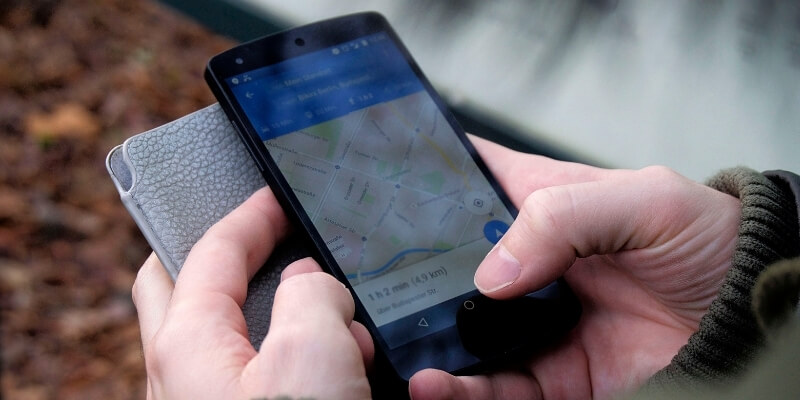Privacy and security while browsing the internet are growing concerns for most of us. Why?
Tracking is everywhere. Advertisers track the websites we visit so they can send ads that might interest us. Hackers collect as much information about us as possible so they can steal our identity. Governments are more serious than ever about collecting every piece of information they can about us.
Fortunately, VPN services are an effective solution. They hide your real IP address so that the websites you visit won’t know where you’re located. They also encrypt your traffic so that your ISP and employer can’t log your browsing history.

But they don’t seem to fool Google. Many people report that Google seems to know users’ real locations even when using a VPN.
For example, Google sites show the language of the user’s original country, and Google Maps initially displays a location close to where the user lives.
How do they do it? We don’t really know. We do know that Google’s a huge company with boatloads of money, and they hire smart people who like to solve puzzles. They seem to have solved this one!
Google hasn’t published how they determine your location, so I can’t give you a definitive answer.
But here are three methods they are likely to use.
Table of Contents
1. You’re Logged Into Your Google Account
If you’re logged into your Google account, Google knows who you are, or at least who you told them you are. At some point, you may have given them some information about which part of the world you live in.
Perhaps you told Google Maps your home and work locations. Even navigating using Google Maps lets the company know where you are.
If you’re an Android user, Google probably knows where you are. Your phone’s GPS sends that information to them. It may continue to let them know even after you turn GPS tracking off.
The IDs of the cell phone towers you connect to can give away your location. Some Android features are location-specific and may provide clues to your whereabouts.
2. The Wireless Networks You’re Near Give Away Your Location
It’s possible to work out your location by triangulating from the wireless networks you’re closest to. Google has a massive database of where many network names are. Your computer or device’s Wi-Fi card provides a list of every network you’re close to.
Those databases were built in part by Google Street View cars. They collected Wi-Fi data as they drove around taking photos—something they found themselves in trouble for in 2010 and again in 2019.
They also use this information combined with your phone’s GPS to verify your location when using Google Maps.
3. They May Ask Your Web Browser to Reveal Your Local IP address
Your web browser knows your local IP address. It’s possible to store that information in a cookie accessible by Google’s websites and services.
If you have Java installed on your computer, a webmaster just needs to insert a single line of code into their website to read your real IP address without asking your permission.
So What Should You Do?
Realize that a VPN will fool most people most of the time, but probably not Google. You could go to a lot of trouble to try to fake them out, but I don’t think it’s worth the effort.
You’d have to sign out of your Google account and change the name of your home network. Then, you’ll need to convince your neighbors to change theirs, too.
If you have an Android phone, you’ll need to install a GPS spoofing app that gives Google a false location. After that, you need to surf using your browser’s private mode so that no cookies are saved.
Even then, you’ll probably miss something. You could spend a few hours Googling the topic for more clues, and then Google would be aware of your searches.
Personally, I accept that Google knows a great deal about me, and in return, I receive quite a lot of value from their services.
